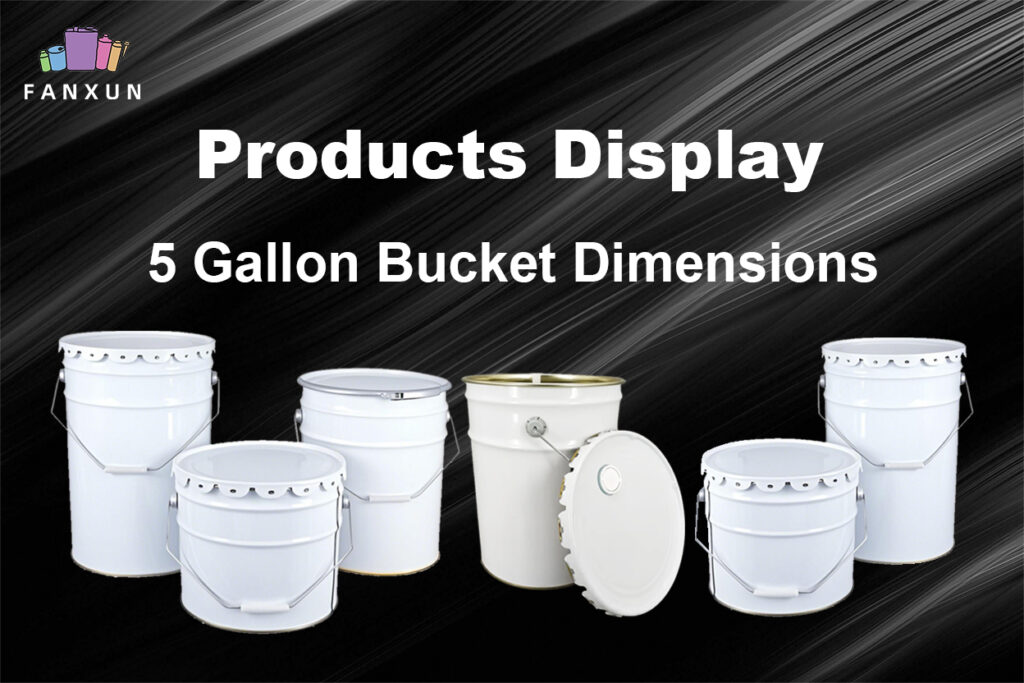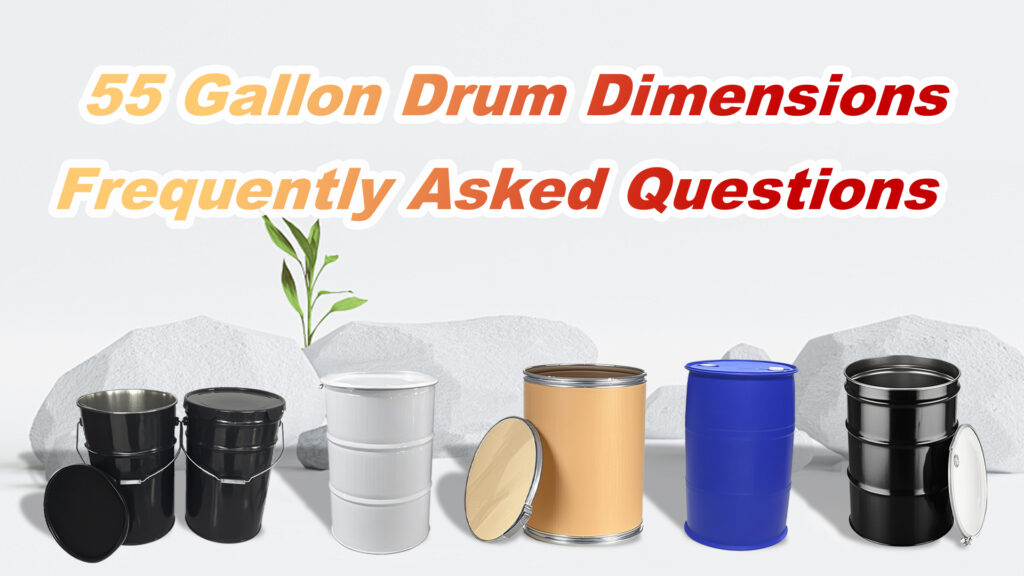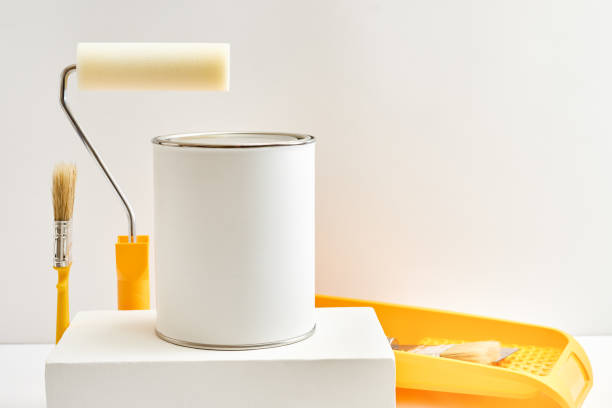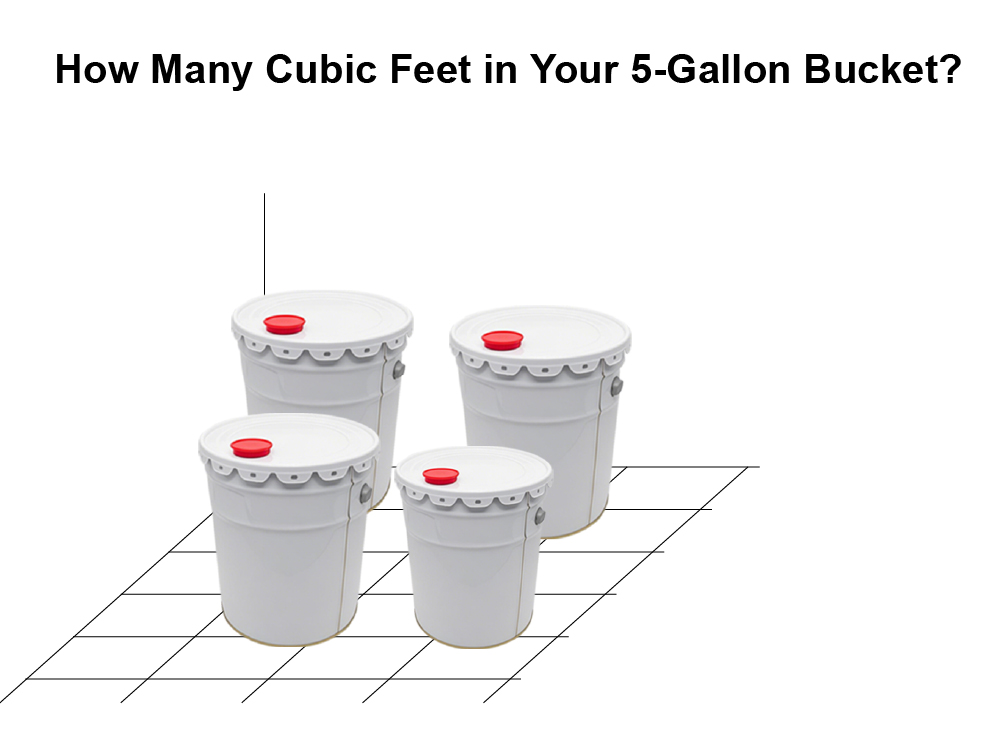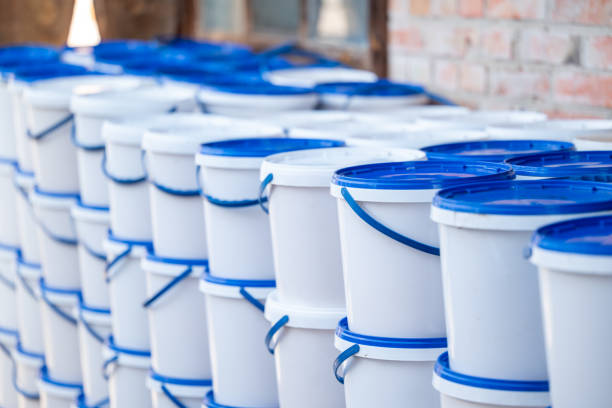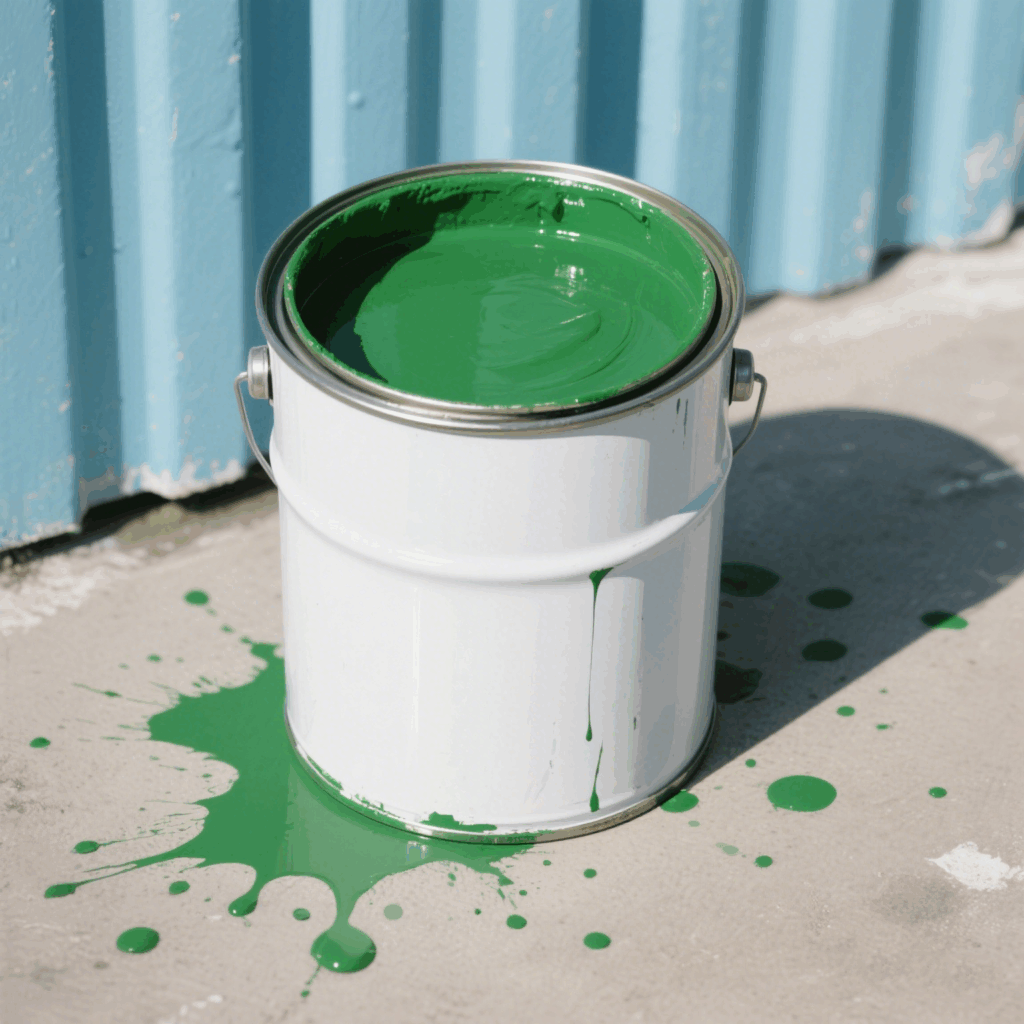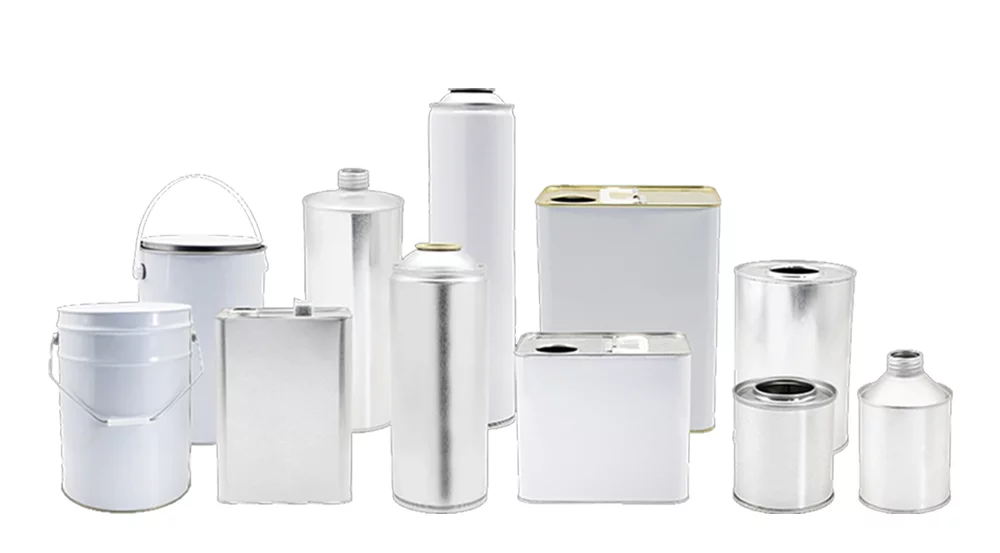As a car owner or driver, your braking system is one of the most vital safety features you rely on every day. But what happens if your brake fluid boils? This might seem like a technical issue only mechanics worry about—but in reality, it can put your safety at serious risk. If you’ve ever felt your brakes go “soft” or spongy after heavy braking or driving downhill, boiling brake fluid could be the cause.
이 기사에서는, we’ll explore everything you need to know—from what causes brake fluid to boil to how to prevent it, in plain and simple terms.
What Does It Mean When Brake Fluid Boils?
Brake fluid operates in a closed hydraulic system that translates pedal pressure into braking force. It must remain incompressible and stable under high temperatures. 하지만, during aggressive or prolonged braking (예를 들어, racing, towing, or driving downhill), heat builds up in the brake components.
If the brake fluid gets too hot, it reaches its boiling point and starts to vaporize into gas bubbles. Unlike fluid, gas is compressible, and this leads to a loss of brake pressure, also known as brake fade.
Key Dangers of Boiling Brake Fluid
| Issue | 설명 |
|---|---|
| Brake Fade | Pedal feels soft or sinks to the floor—reduced stopping power |
| Spongy Brake Pedal | Air or vapor in the system makes braking inconsistent |
| Longer Stopping Distance | Boiling reduces brake effectiveness, increasing the time it takes to stop |
| Complete Brake Failure | In severe cases, brakes may fail entirely due to vapor lock |
Why Does Brake Fluid Boil?
From a user’s perspective, understanding why this happens helps prevent it. Here are the main reasons:
-
Water Contamination
Brake fluid is hygroscopic, meaning it absorbs moisture over time. Water lowers the boiling point dramatically. Even a small amount of water (as low as 3.7%) can drop the boiling point by 100°F or more. -
Old or Degraded Fluid
Over time, brake fluid breaks down, reducing its effectiveness. Most manufacturers recommend changing it every 2–3 years. -
Driving Conditions
-
Frequent hard braking (예를 들어, racing or towing)
-
Long downhill descents
-
Stop-and-go traffic in hot weather
-
-
Low-Quality or Wrong Type of Fluid
Using brake fluid that isn’t designed for high performance or isn’t compatible with your vehicle can cause premature boiling.
Boiling Points of Different Brake Fluids
| Brake Fluid Type | Dry Boiling Point (°F / °C) | Wet Boiling Point (°F / °C) |
|---|---|---|
| 점 3 | 401°F / 205°C | 284°F / 140°C |
| 점 4 | 446°F / 230°C | 311°F / 155°C |
| 점 5 | 500°F / 260°C | N/A (silicone-based, non-hygroscopic) |
| 점 5.1 | 518°F / 270°C | 374°F / 190°C |
Dry boiling point = new, uncontaminated fluid
Wet boiling point = fluid after absorbing moisture (typical after 1–2 years)
What To Do If Your Brake Fluid Boils
If you suspect your brake fluid has boiled during driving, here’s how to handle it:
Immediate Actions:
-
Pull over safely and let the brakes cool down.
-
Pump the brake pedal—this may temporarily restore some pressure.
-
Do not continue driving aggressively—you could completely lose braking ability.
After Driving:
-
Check brake fluid level and color. Dark or murky fluid indicates it’s old or contaminated.
-
Flush and replace the fluid. This removes moisture and restores full performance.
-
Inspect for underlying issues. Calipers, pads, or rotors may be overheating.
How to Prevent Brake Fluid from Boiling
As a driver, here’s how you can prevent this from ever happening:
-
Change Brake Fluid Regularly
Every 2–3 years or as specified in your car’s maintenance guide. -
Use the Right Brake Fluid
Choose a high boiling point fluid (예를 들어, 점 4 또는 5.1) if you drive in extreme conditions. -
Install Performance Brake Components
Better pads, rotors, and cooling systems can reduce heat buildup. -
Avoid Riding the Brakes
Use engine braking when driving downhill to reduce stress on the system. -
Monitor Driving Habits
If you tow, race, or drive in mountains, consider more frequent fluid changes.
Frequently Asked Questions (자주 묻는 질문)
Can I drive with boiled brake fluid?
아니요. Once brake fluid boils, braking becomes unreliable and unsafe. It must be replaced before driving again.
What does boiling brake fluid feel like?
You may feel a soft or spongy brake pedal, reduced braking power, or a longer stopping distance.
Is boiling brake fluid permanent damage?
Not usually, but it can stress or damage components if it happens often. The system should be inspected and flushed.
Can I mix different brake fluids to avoid boiling?
You should only mix fluids if they’re compatible (예를 들어, 점 3 and DOT 4). Never mix DOT 5 with others.
How do I know when brake fluid needs changing?
If it’s dark brown, smells burnt, or hasn’t been changed in 2+ 연령, it’s time to replace it.
Final Thoughts
Boiling brake fluid is more than just a technical issue—it’s a real safety hazard. Understanding what it means, how it affects your driving, and how to prevent it is essential for any car owner. Stay on top of your brake maintenance, use quality fluid, and drive smart to ensure your braking system is always ready when you need it.















